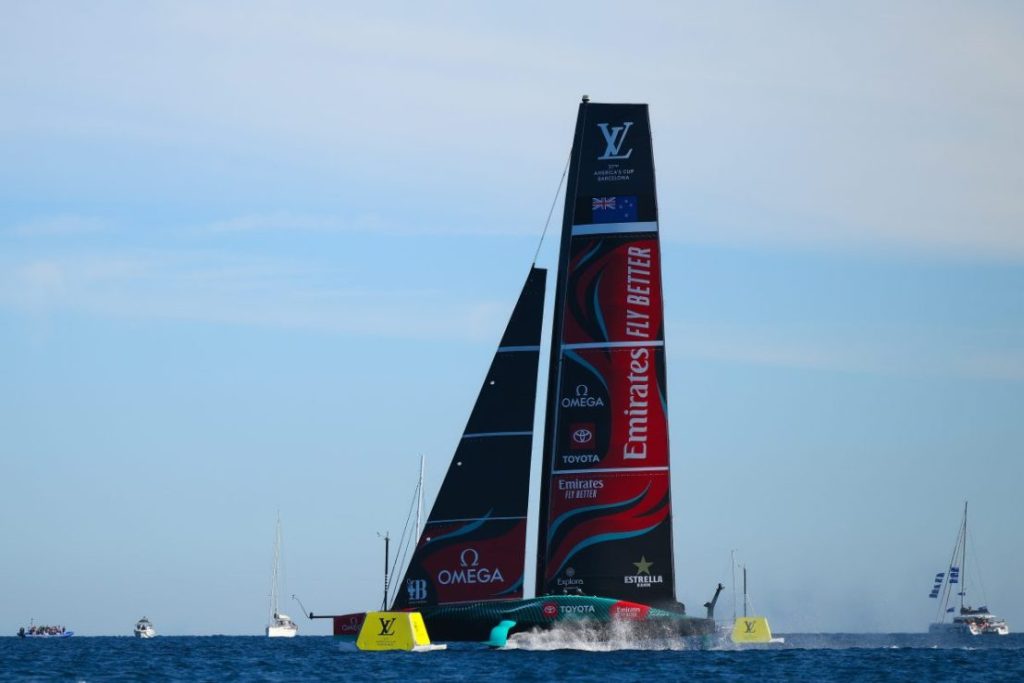
The decision by the New Zealand government not to support hosting the 2027 America’s Cup in Auckland marks a significant turn in the prestigious sailing competition’s history. This choice leaves Team New Zealand, the double holders of the America’s Cup, seeking alternate venues for defending their title, thereby contributing to a growing narrative of challenges and opportunities within the high-stakes world of sailing.
The Recent Legacy of Dominion
New Zealand’s prowess in the America’s Cup is indubitable, with back-to-back victories in the iconic series—first claiming the 36th Cup in Auckland in 2021, then reaffirming their superiority with a subsequent win in Barcelona. The triumph on foreign waters has established Emirates Team New Zealand as a formidable force in competitive sailing, continuing a legacy of excellence that the nation holds dearly.
Expectations vs. Economic Realities
Despite the allure of hosting the Cup and the proven economic windfall it can bring—evident in the €1.034 billion boost delivered to Barcelona during the 2024 event—New Zealand’s Central Government, along with MBIE, has chosen to prioritize other economic avenues, as clarified in a statement by the Royal New Zealand Yacht Squadron and Emirates Team New Zealand.
The decision reveals an acknowledgment of current economic conditions and the competing demands for governmental support, emphasizing that funding the Cup could not come at the expense of other critical priorities.
Global Interest and Future Prospects
The global interest in hosting the America’s Cup remains vibrant. During the previous cycle, the Government of Catalonia and commercial partners managed to navigate a successful bid, and as the bidding opens for the 2027 regatta, Saudi Arabia’s Jeddah Yacht Club and Marina have shown interest in joining the ranks of hosts. The potential involvement of new venues underscores the Cup’s enduring global appeal despite the absence of material prize money, relying instead on the magnetism of sponsorships and media rights.
This situation affords power players in the sailing world, such as Saudi Arabia, the opportunity to flex their muscles and contribute to the shaping of this nautical tradition, uniting both sports and strategic regional positioning.
Navigating the Seas of Change
New Zealand’s setback is timely not only for its implications on national pride and expectations but also in terms of the international stage that the America’s Cup provides to those involved—from sailors to stakeholders. Its strategic significance continues to compel nations to bid for the honor of hosting, leveraging it to boost tourism, exhibit maritime prowess, and access extensive television coverage.
As the waters remain open to future suitors, the resulting narrative of the 2027 America’s Cup highlights both the uncertainty and opportunity present in today’s sporting landscape, where nations must balance tradition with contemporary needs and identities.
The drama surrounding this decision echoes beyond the shores of New Zealand, promising to alter alliances, redefine races, and reinvigorate strategic maneuvering among competing teams and countries. The journey towards the next Cup has well and truly begun, inviting enthusiasts and observers to watch closely as the story unfolds.




